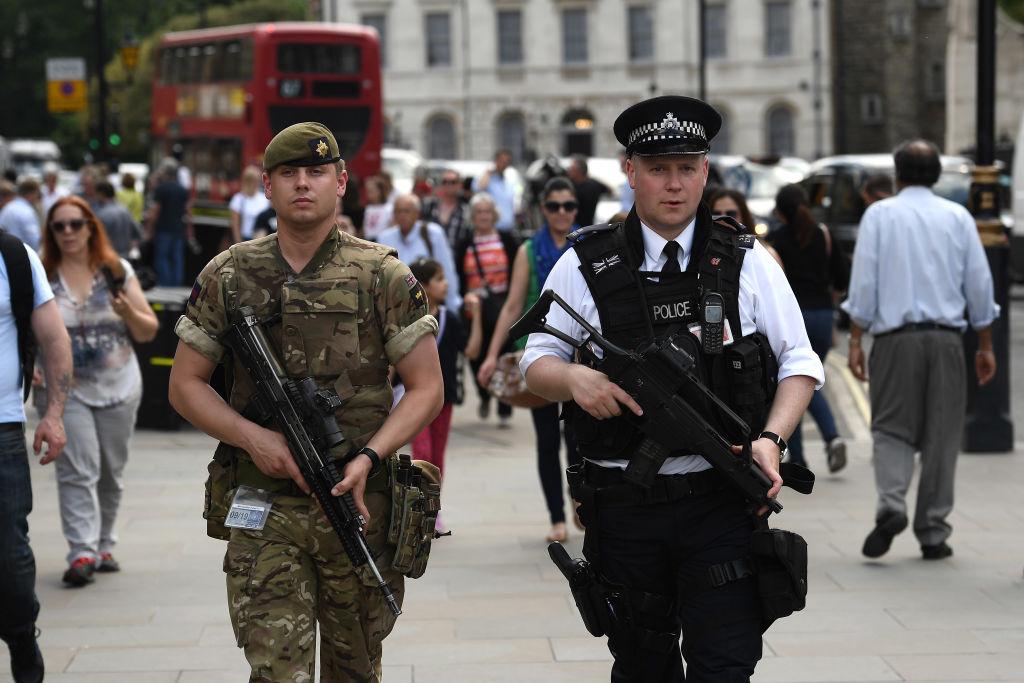Britain’s counter-terrorism police chief has said the force is going through a “significant shift” as a growing part of its work is now focused on threats from hostile states such as China, Russia, and Iran.
Matt Jukes, head of counter-terrorism policing, said on Feb. 16 that the number of investigations into hostile state threats being carried out by his officers has “quadrupled” in the last two years.





